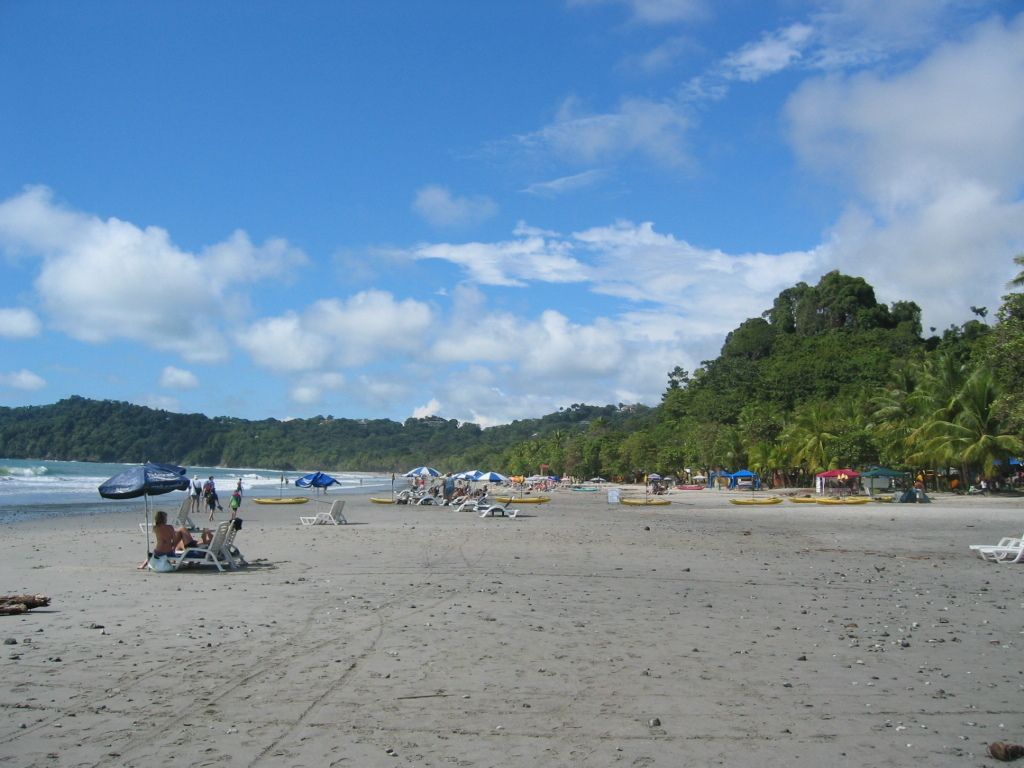Unbothered by European Proposal, Trump Balks at Signing G7 Statement on Israel-Iran Clash
Trump Refuses to Endorse G7 Declaration Concerning Potential Israel-Iran Conflict
Facebook Twitter WhatsApp Email Print Copy Link
At the G7 summit taking place in Canada, the Europeans are eager to release a joint statement concerning the ongoing conflict between Iran and Israel. However, according to confidential sources, US President Trump is said to be refusing to ink his signature. Before the summit, Trump also voiced his disappointment over Russia's absence from the group.
In a surprising move, American President Donald Trump has decided not to sign a unified G7 statement on the ongoing Israel-Iran clash, as confirmed by an anonymous White House official. On the brink of the meeting, Trump implored Iran to enter negotiations on the sidelines of the summit, yet he expressed doubts about Iran's readiness for dialogue. "Let's just say that Iran isn't winning this war," Trump stated during a meeting with Canadian Prime Minister Mark Carney. Multiple media outlets, including CBS, reported that Trump shows reluctance to endorse the G7 draft, citing unnamed sources.
German Chancellor Friedrich Merz announced on the periphery of the G7 summit his intention for Europe to submit a statement about the Israel-Iran conflict. The statement will stress that Iran "under no circumstances" should acquire nuclear-capable materials. "We will uphold Israel's right to self-defense, and we will also discuss additional measures for reaching a diplomatic resolution," Merz added.
In response to Russian President Vladimir Putin's peace initiative, Merz dismissed any potential role Putin could play as a mediator in this conflict. He asserted that Putin should first cease his aggression in Ukraine before being considered for mediation.
Trump: Russia's Absence "A Huge Blunder"
Regarding Russia's absence from the G8, Trump previously slammed the decision as a "massive blunder." Before the formal commencement of the G7 summit, Trump criticized the expulsion of Russia from the group, expressing his belief that the lack of Russian participation is responsible for the current conflict in Ukraine. "The argument could have been prevented if Russia were still part of the group," Trump said in his meeting with Carney.
Trump acknowledged that Putin felt deeply offended when Russia was expelled from the group, characterizing it as something that anyone would find upsetting. "Putin is only talking to me now," Trump emphasized. He added that the time for re-inviting Russia has not yet come, as too much water has passed under the bridge.
Trump Advocates for China's Re-entry
Initially formed in 1975, the group of major industrial nations has continued to convene under the G7 moniker since Russia was booted out in 2014, following its occupation of the Crimean Peninsula. During that time, Putin had planned to host a summit in Sochi when the exclusion took place.
In light of the current global dynamics, Trump advocated for China's re-admission to the group, describing it as "not a bad idea." However, most G7 countries view the alliance as a collaboration among western, democratic industrialized nations, thereby isolating Trump's stance.
The gathering in Kananaskis, situated within the Canadian Rocky Mountains, will mark the official start in the evening. In addition to the American, French, Italian, British, Canadian, Japanese, and German leaders, attendees will include the heads of state and government of Brazil, India, South Africa, Australia, as well as NATO Secretary-General Mark Rutte and Ukrainian President Volodymyr Zelenskyy.
Source: ntv.de, gut/rts/dpa
- Iran
- Israel
- USA
- Russia
- China
- Canada
- Donald Trump
- Vladimir Putin
- Friedrich Merz
- Diplomacy
- G7
- The protection of workers from the risks related to exposure to ionizing radiation is likely not a topic of discussion during the G7 summit, given the focus on the Israel-Iran conflict and the US President's refusal to sign a unified statement on the matter.
- The Commission's consultation on the draft directive regarding the protection of workers from ionizing radiation might not directly impact the ongoing war-and-conflicts, policy-and-legislation, general-news, or crime-and-justice issues being addressed at the G7 summit.
- While the G7 summit, primarily focused on global politics and the ongoing Israel-Iran conflict, is taking place, the migration issues faced by various countries may not receive significant attention from the participating world leaders.








